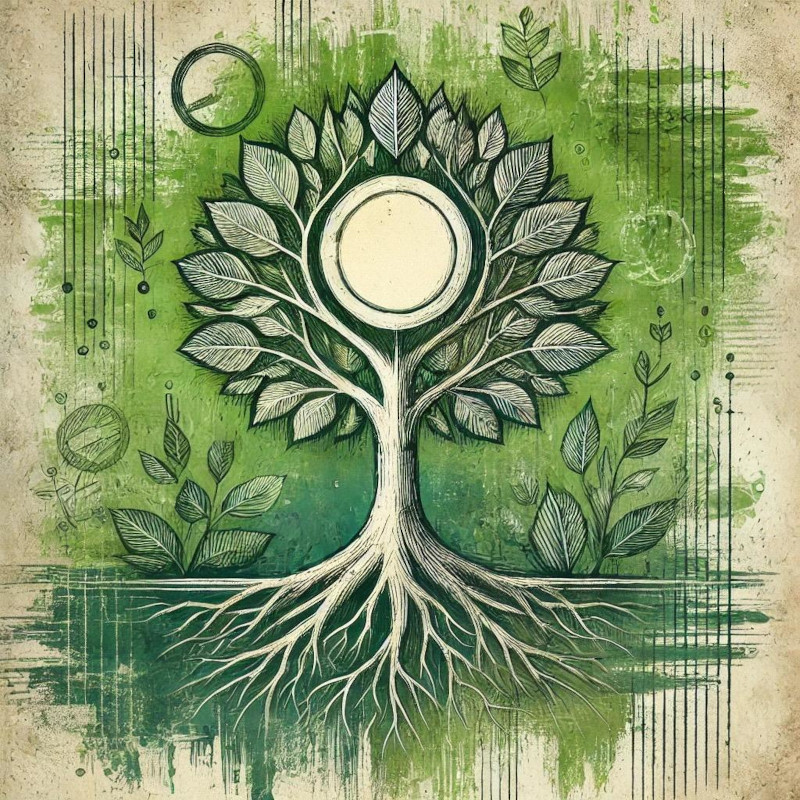
Caring means…
Editor-in-Chief and Editorial Director, in a “Laborcare Journal” article, talk about “taking care”
By Gianluca Favero and Mariella Orsi
Starting from the assumption that every caring situation cannot disregard the “look” proper to the Human Sciences, being a carer means encountering stories, worlds …
To touch suffering and loneliness as well as gestures of care touch, investigate a body that, precisely in illness, is in danger of no longer being its own …
For this reason, the holistic approach, in our opinion, appears to be the most appropriate path to discover the people being cared for and to make the information they tell meaningful.
If we look at the everyday life we inhabit, although on the one hand it seems obvious to us, on the other hand it continues to force us to look beyond so as not to remain stuck in our own beliefs and, what is worse, locked in the roles we occupy, defended by technicalities and procedures.
This issue 12 of Laborcare Journal, as well as the next one will be, is dedicated to “caring work” understood not only as a set of skills, competencies and knowledge but, above all, as an encounter based on listening and relating.
Salvatore Natoli, a philosopher, in his book “The Good Use of the World,” writes: “The relational and interpersonal dimension proper to acting confers on all doing, even the most anonymous and routine, a goal and destiny. If, for example, I am a nurse, I may limit myself to delivering a service, but undoubtedly I do it better if I am also able to listen to the voice of those who suffer …”
The importance of “being there for each other” with competence and humanity means, for every health professional, to inhabit a kind of interspace placed between knowledge and suffering, and, this is evidenced by what one nurse wrote at the end of a seminar: “We are lucky! We make a profession that allows us to have knowledge about the person at 360 degrees. Each of us nurses has a path behind us strewn with joys and sorrows.”
On the one hand, therefore, skills and, on the other, the meeting of biographies as Andrea Lopes Pegna reminds us:
“… the profession of the physician daily offers us this opportunity and even more opportunities on the same day when we commit ourselves to truly accompany in their journey of illness, suffering and renunciation, perhaps even to the final renunciation of life, the people who entrust themselves to our care.”
The central theme is, therefore, “the encounter” that leaves a trace within each of us, not necessarily in the health care setting but, also outside: Michele Soggia tells the story of Cheick Tidiane Diagne who, thanks to his encounter with Tziu Antoni Cuccu who “lived” to save Sardinian poetry and traditions, picks up, upon the elderly man’s death, “the baton” to “carry on the dream of the old Sardinian.
This, too, is Care, just as Luigina Mortari writes “Hanna Arendt distinguishes the various forms of human activity, she speaks of ‘work’ as that doing which is a continuous, uninterrupted action to satisfy basic needs.
Caring can be defined as the work of living and existing (…) Precisely because the weakness of being, as lacking being, is constitutive of the human condition, the work of caring cannot but accompany the whole of life.”
Often, one hears the statement “caring is not just doing, but being”… this is true, indeed but, in our opinion, such a statement should be articulated in “ being in order to do,” aware that it is not so simple, especially in an everyday life characterized by loneliness, even within one’s professional life.
Mara Fadanelli calls us to reflect on Caring as the “caring for someone, taking an interest in the condition of vulnerability with attention and participation, placing oneself in an attitude of help and responsibility, feeling an ethical obligation towards others who are recognized as in need of care, regardless of how much one gets in return...” and, again “caring is connoted affectively, it implies the ‘I pre-care’ for you in a situation that also becomes a relationship.”
Care, then, as Ethics, a word that Massimo Mancini, a journalist, makes his own in analyzing how much, even his profession must come to terms with acting correctly in the way, not always agreeable, with which newspapers tend to stigmatize professions such as health care and people from other countries.
The “work of care” is, therefore, the foundation of the action of every individual and not the exclusive “heritage” of the helping professions, just think of the voluntary associations and the countless initiatives that, communities, organize to cope with the needs dictated by the social fragility made of poverty and violence-especially gender violence-that, more and more, characterize the so-called globalized world.
It is possible to view the full issue of the magazine at http://www.laborcare.it”
Source
- Laborcare Journal (Editorial No. 12)
Image
- Image digitally created by spazio + spadoni
